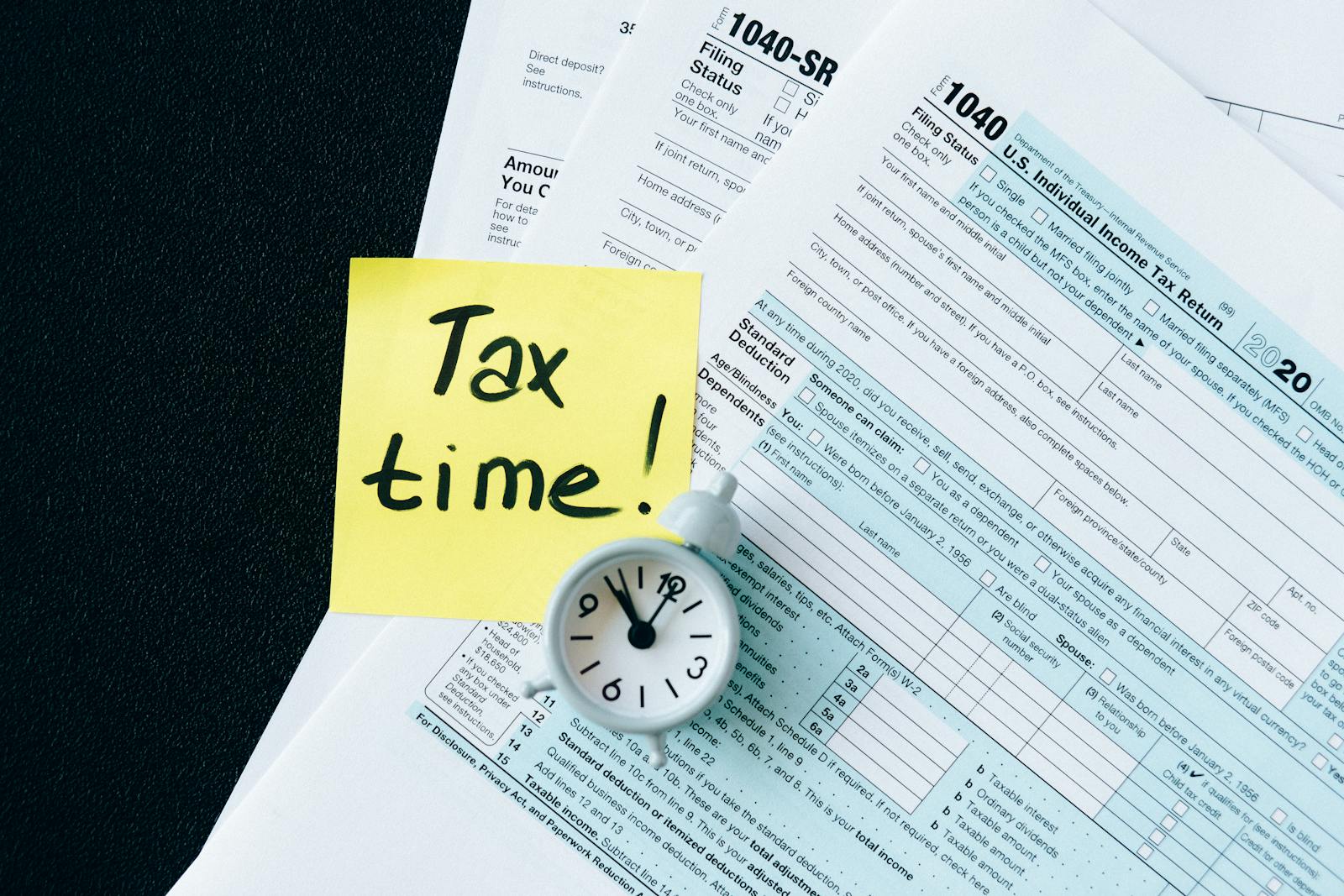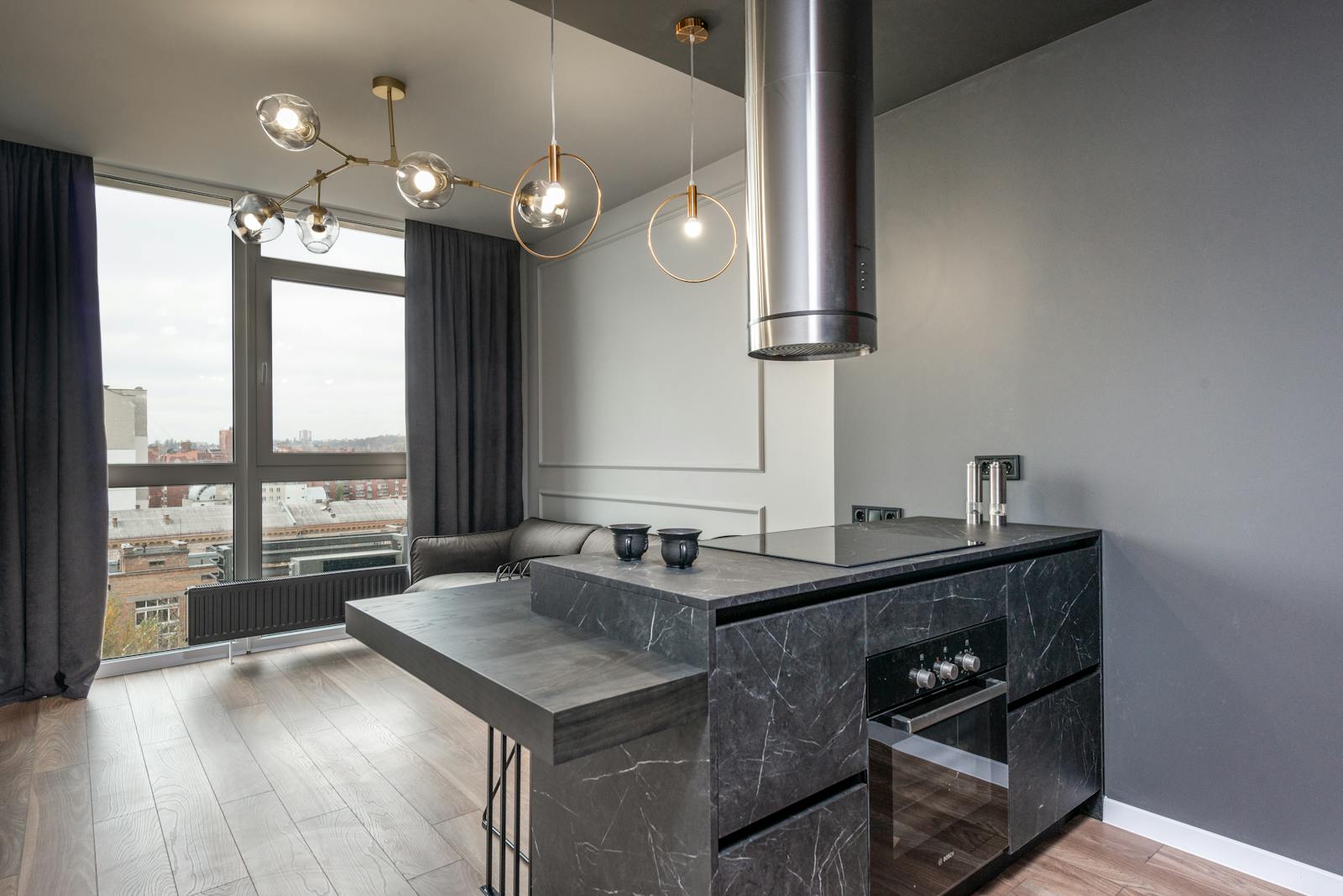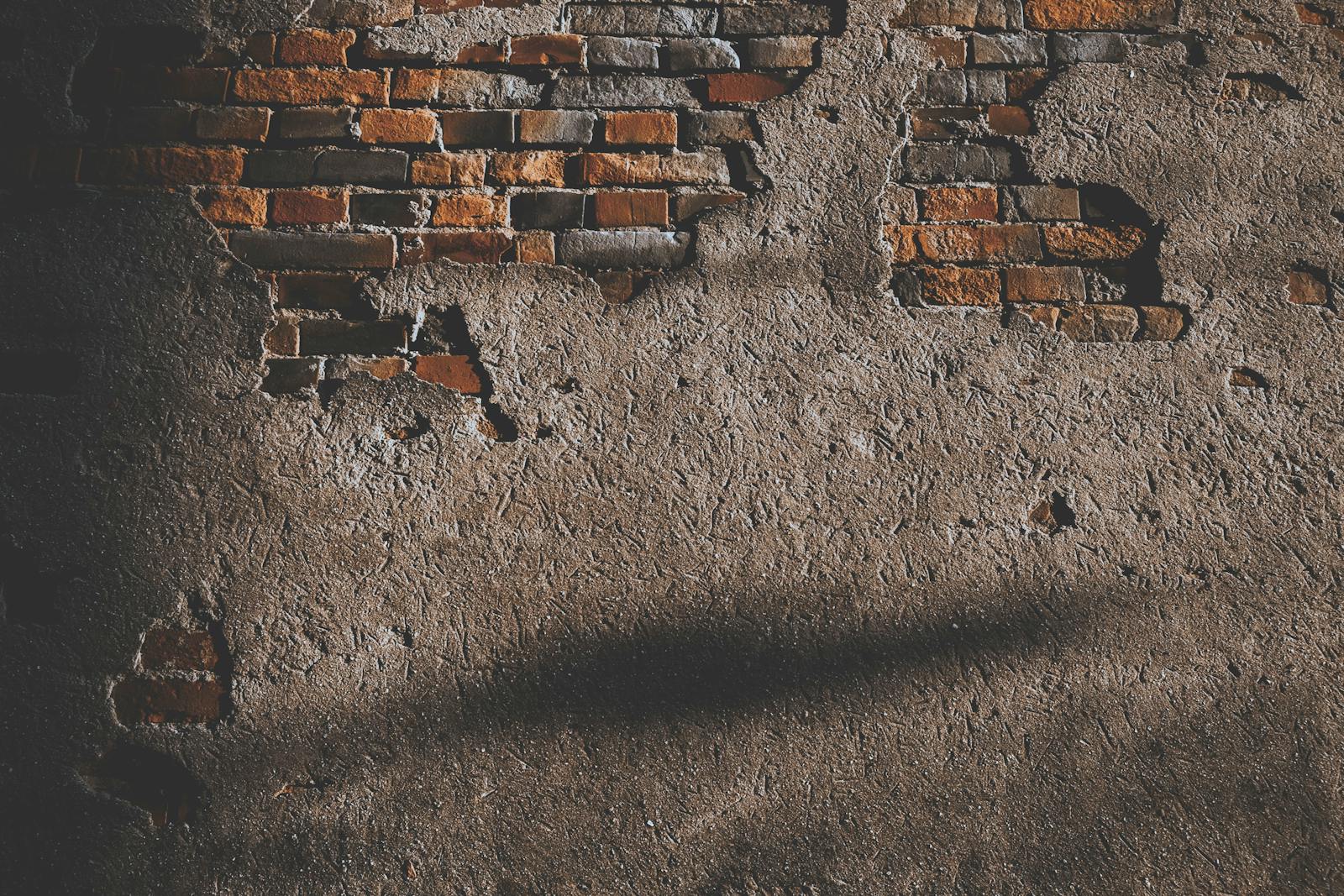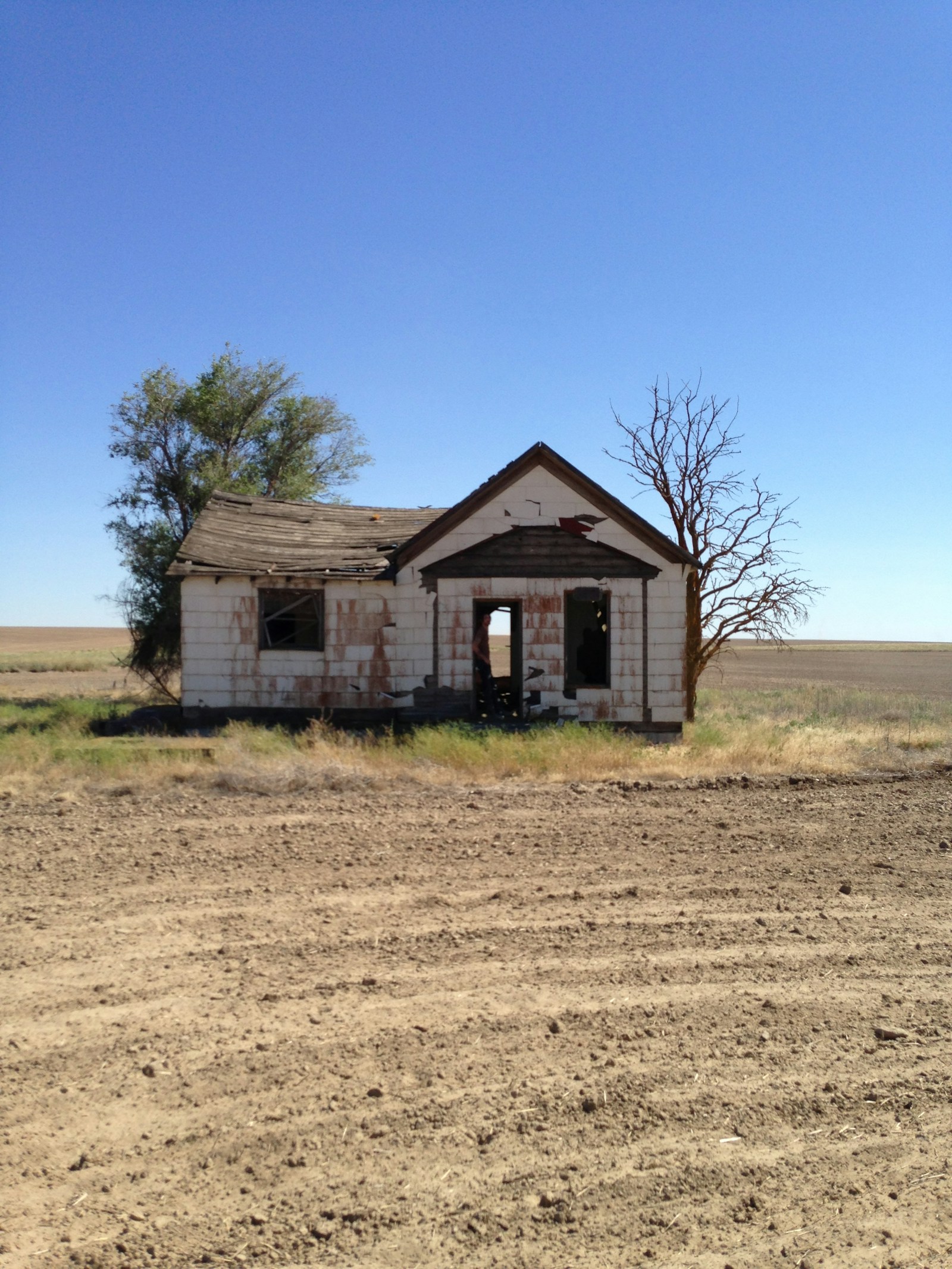Dave Hall | Cowichan Valley Realtor
The latest VIREB market statistics are in for October 2025, and the Cowichan Valley continues to show the steady, balanced performance we’ve seen throughout most of the year. While activity has cooled from the spring and summer, pricing across our region remains stable, supported by consistent demand and fewer homes entering the market.
Below is a clear breakdown of what happened in the Cowichan Valley last month — and what it means for both buyers and sellers heading into winter.
Single-Family Prices Remain Steady
The benchmark price for a single-family home in the Cowichan Valley reached:
📍 $803,700
Up 5% year-over-year
This benchmark reflects the typical home in our region and is one of the strongest indicators of underlying market stability. Even with slower sales, prices are holding firm — a sign that the Valley continues to be a desirable, resilient place to live.
The average sale price for the month came in at:
📍 $817,844
Up 5.37% compared to October 2024
This average aligns closely with the benchmark price, showing that the market has remained consistent and that higher-end or outlier sales aren’t skewing the numbers.
Sales Slow Slightly — A Typical Fall Pattern
There were 56 single-family home sales across the Cowichan Valley in October.
This is:
Down from 61 sales last year
Down slightly from 62 sales in September
This matches our usual seasonal trend: activity softens as we enter fall and winter, but does so without major price disruptions.
This year is following a normal cycle — something buyers and sellers should find reassuring after several years of unusual market conditions.
Inventory Levels Support a Balanced Market
Across Vancouver Island, VIREB describes the current landscape as a balanced market, with roughly six months of inventory. That’s a healthy place to be — neither favouring buyers nor sellers strongly, and reducing the frantic pace that characterized the last few years.
For Cowichan Valley homeowners, this means:
Well-presented, well-priced homes will still sell
Multiple offers are less common, but not impossible
Buyers are active, but more selective
Pricing accuracy is more important than ever
For buyers, the balanced conditions offer:
Less competition compared to spring/summer
More time to evaluate homes
Stable pricing without sudden jumps
It’s a calmer environment — which, for many, is exactly what they prefer.
What This Means Heading Into Winter
As we move deeper into November and toward the year’s end, we can expect:
✔ Continued balanced market conditions
Listings tend to taper off heading into December, which keeps supply at moderate levels.
✔ Stable, slightly increasing year-over-year prices
Cowichan Valley pricing has resisted downward pressure and continues to show steady growth.
✔ A good window for serious buyers
With fewer competing buyers, motivated purchasers can take their time and secure favourable terms.
✔ Sellers benefit from accurate pricing
Homes that are priced correctly and show well are still getting strong attention — even in the late fall.
Thinking About Buying or Selling?
If you’re considering a move or simply want a clearer idea of your home’s value in today’s market, I’m always happy to help.
Feel free to reach out anytime for:
A neighbourhood-specific pricing update
A buying plan for the winter market
A free home evaluation
A simple check-in about what’s happening in your area
I’m here to help make the process clear and steady, start to finish.











